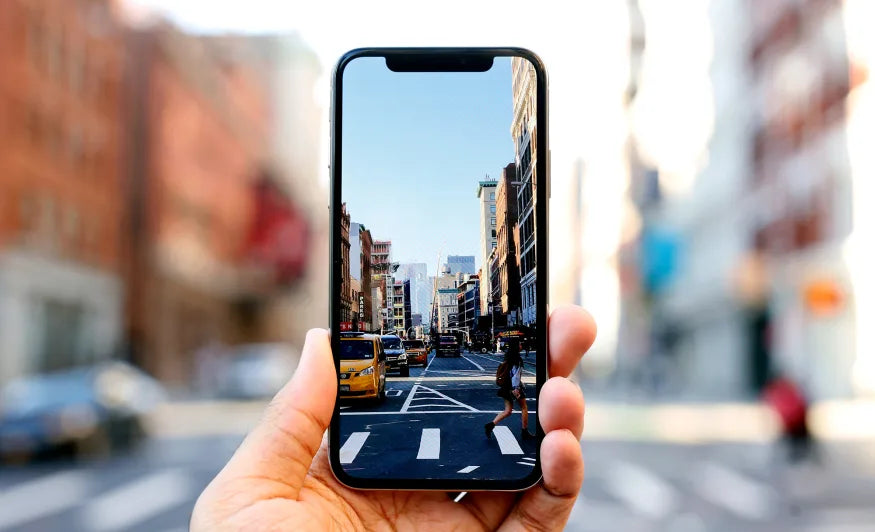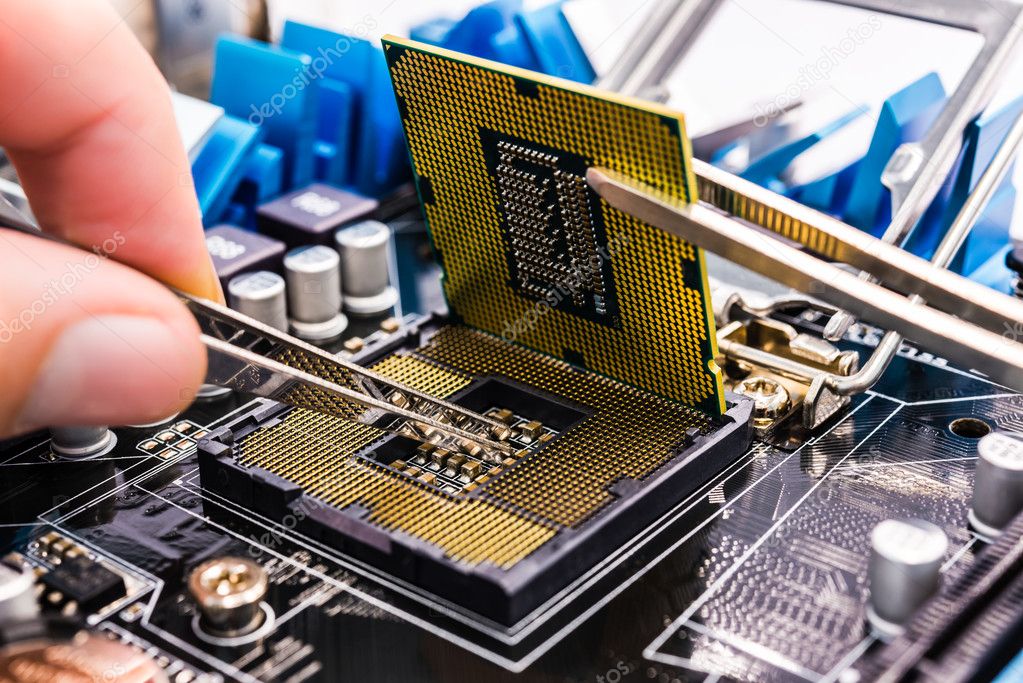In an age where smartphones have become an inseparable extension of ourselves, managing our time spent on these devices has never been more critical. Our smartphones are invaluable tools for communication, productivity, and entertainment, but excessive usage can take a toll on our mental and physical well-being. Let's explore why managing time on your smartphone is crucial for safeguarding your health.
The Smartphone's Double-Edged Sword
Smartphones offer an impressive array of features that can simplify our lives. From staying connected with loved ones to accessing a world of information at our fingertips, these devices are undoubtedly transformative. However, this convenience comes with a caveat - the potential for addiction and overuse.
The Health Implications
-
Mental Health: Excessive smartphone use can lead to anxiety, stress, and even depression. Constant notifications, the pressure to stay connected, and the addictive nature of social media platforms can overwhelm our minds and disrupt our mental equilibrium.
-
Physical Health: Prolonged periods of smartphone usage often lead to poor posture and "text neck," which can result in chronic neck and back pain. Additionally, excessive screen time can interfere with sleep patterns, leading to insomnia and daytime fatigue.
-
Productivity and Focus: Constant smartphone distractions can hinder our ability to concentrate on tasks, reducing overall productivity. We often find ourselves checking our phones in the middle of important work or conversations, leading to reduced effectiveness.
Tips for Healthy Smartphone Use
-
Set Boundaries: Establish specific times when you will use your smartphone and stick to them. Consider implementing a digital detox hour before bedtime to improve sleep quality.
-
Manage Notifications: Disable unnecessary notifications or use "Do Not Disturb" mode during focused work hours to minimize distractions.
-
Screen Time Tracking: Many smartphones now offer built-in screen time tracking tools. Monitor your usage to become more aware of your habits and make necessary adjustments.
-
Mindful Usage: Before unlocking your phone, pause and ask yourself if your action is essential. Practicing mindfulness can help reduce impulsive smartphone use.
-
Engage in Offline Activities: Dedicate time to hobbies, exercise, or simply enjoying nature without your smartphone. Rediscover the joys of life beyond the screen.
While smartphones have revolutionized the way we live and work, it's crucial to strike a balance between their benefits and potential harm. By managing your time spent on your smartphone, you can protect your mental and physical health, boost productivity, and regain control of your life. Remember, your well-being should always be a top priority in this digital age.




